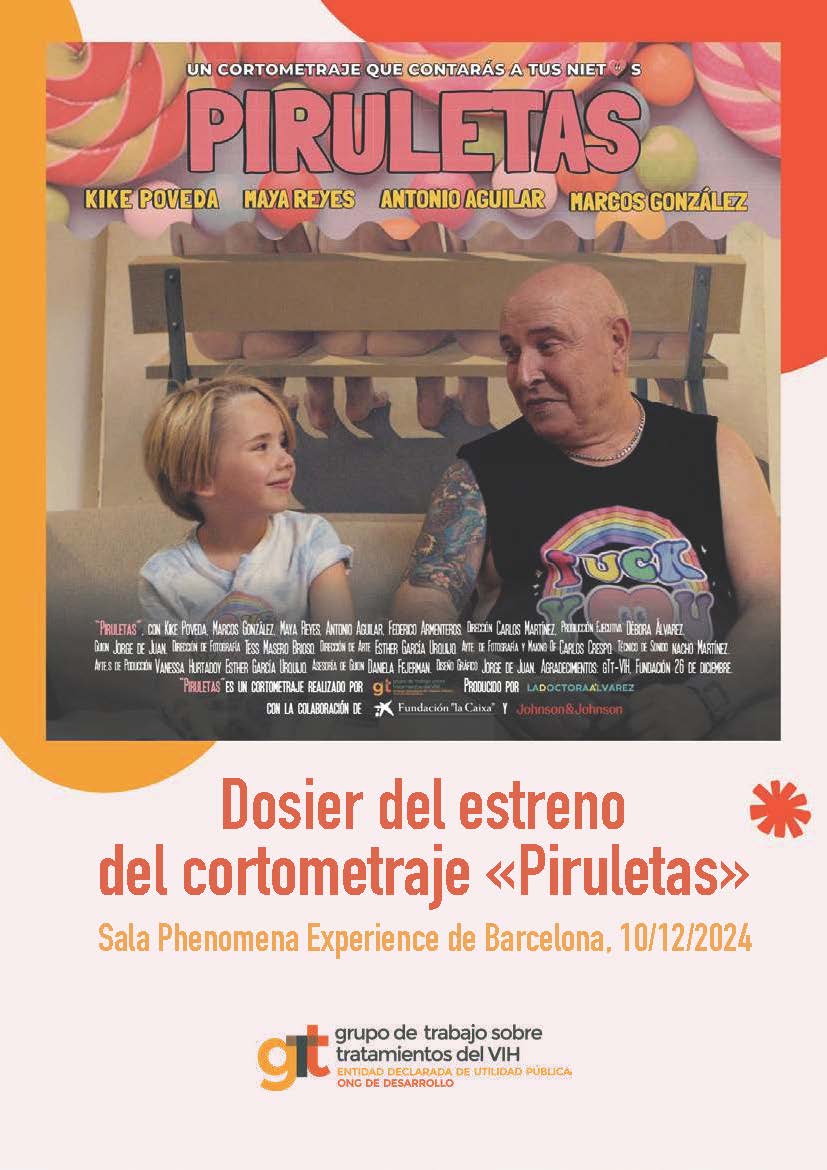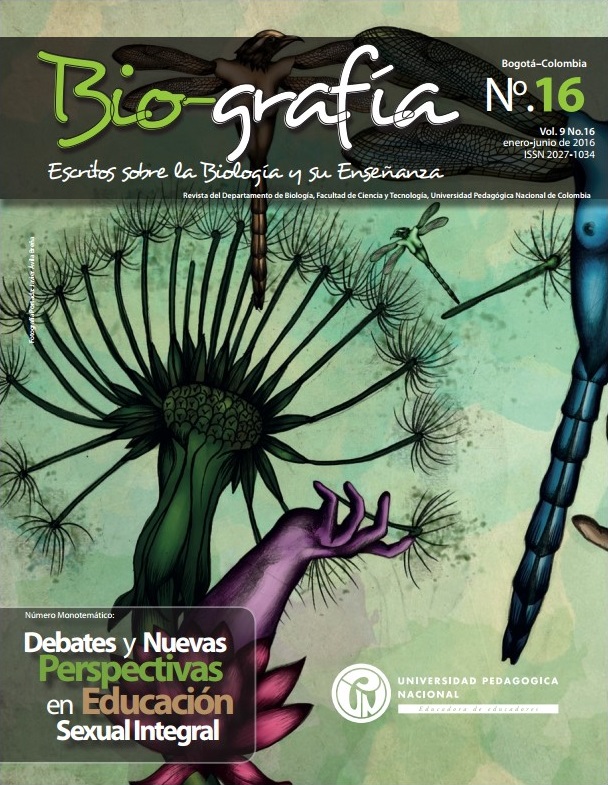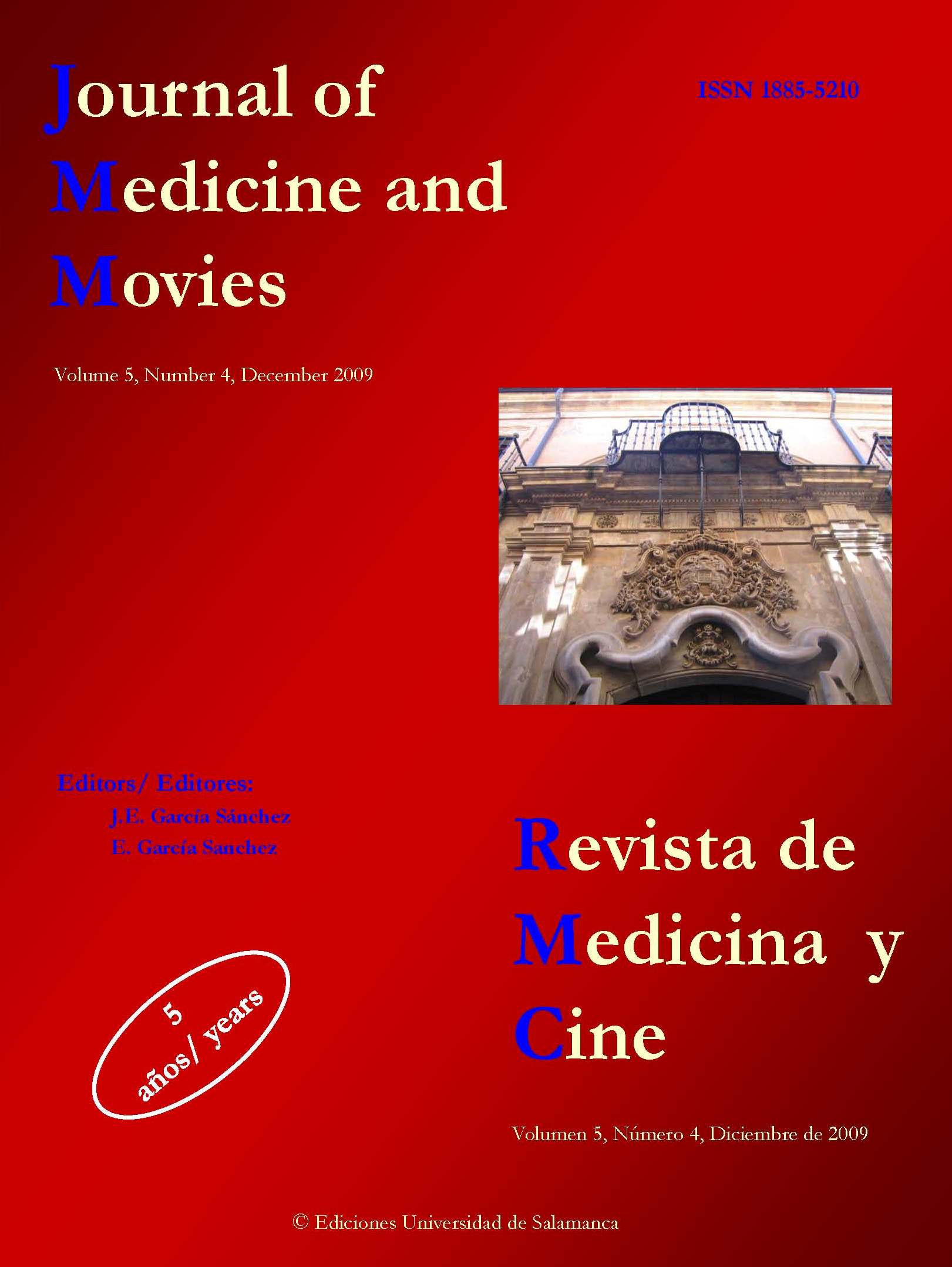Resum
The ways in which rural women living with and/or affected by
HIV are portrayed in films can potentially influence how social
transformation is imagined, including the extent to which the
women can be involved in problem-solving processes. This is
because, in addition to conceptualising the problem, such representations
often place women in a certain position in relation to,
or within, the problematic situation, which in turn influences how
solutions are framed. This paper uses a discursive approach to
explore the portrayal of South African rural women living with
and/or affected by HIV in Darrell Roodt’s film, Yesterday (2004),
which is set in rural KwaZulu-Natal. It considers how the film
deals with the tension between structural violence and rural
women’s agency in grappling with HIV. Structural violence has a
significant impact on the experiences of rural women and, hence,
their health outcomes. However, when representing rural women,
too heavy an emphasis on structural violence runs the risk of portraying
them as passive or helpless victims, thus severely limiting
their agency.






